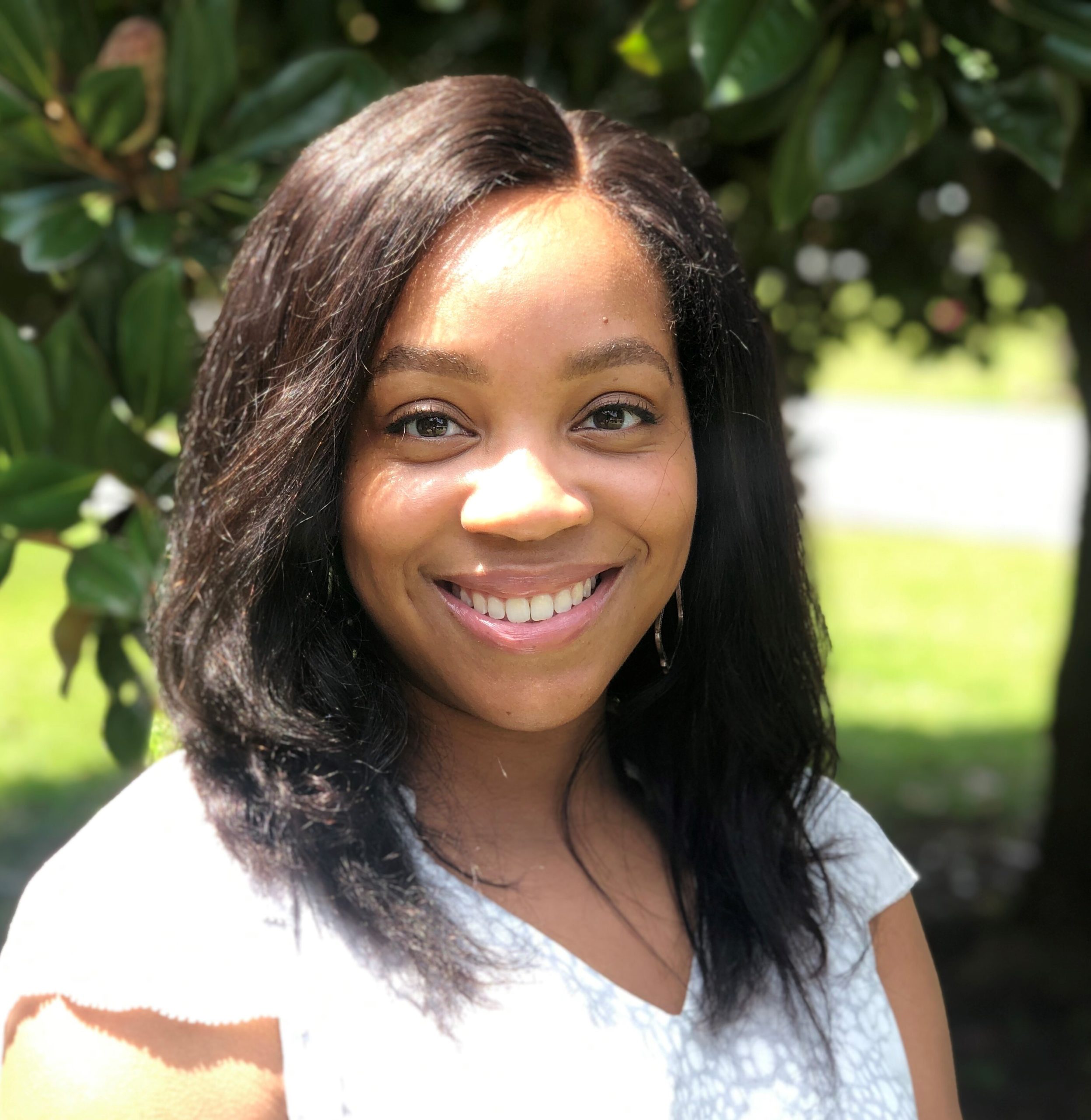University of Georgia College of Public Health doctoral student Kandyce Hylick was one of 10 students selected to be a 2020-2021 APHA Maternal and Child Health Section fellow.
Fellows are chosen based on their record of outstanding leadership, scholarship and commitment to maternal and child health.
As a second-year doctoral student, Hylick is pursuing solutions for maternal and child health and women’s mental health issues. Her passion for promoting women’s health was shaped by a personal experience battling illness following the birth of her second child.
She later learned she had an autoimmune disease that was causing her brain to swell, but it was presenting differently than typical cases.
“They didn’t know what happened. There was no specific cause,” said Hylick. “It was tough on not only me, but my family.”
Once she had recovered, Hylick was determined to learn what had caused her illness and whether there was a lingering risk to herself or her children, but her doctors were only interested in her successful recovery.
“That was all that they needed, and for me, I needed more,” she said.
Hylick began researching her symptoms and found that 80% of patients with her condition, autoimmune encephalitis, are women, and that some cases are linked to childbirth. She expanded her research to other conditions affecting women, finding many more cases of diseases that seemed to disproportionately affect women.
“This was obviously a population-wide issue, so that really switched my focus from individual health care to community, population-based health care,” said Hylick.
She soon decided to pursue her master’s degree at Mercer University, focusing on community health and women’s health. During her program, Hylick had the opportunity to work with health departments in Gwinnett, Newton and Rockdale counties, supporting their safe sleep programs. She also traveled to Peru, where she contributed to a project studying the impact of mercury exposure on women and children living near gold mines.
Hylick says both experiences opened her eyes to the disparities in access to health care in urban and rural settings. The work also sparked a deeper interest in public health interventions and program development.
At CPH, Hylick is currently working with health promotion and behavior associate professor Tamora Callands to implement and evaluate a group-based prenatal care intervention using telehealth for mothers living in Georgia’s rural counties.
Hylick sees the APHA fellowship, which begins in October, as an important opportunity to diversify her educational opportunities and learn as much as she can from others.
“When I first joined APHA, I worked with a group within the maternal and child health section that was developing a policy on maternal mental health issues. I had never written policy before, but I thought if this could help me with my ultimate goal of helping women, I’m all for it.”
Hylick liked that the group’s approach was interdisciplinary, an approach she now sees as critical to developing the skills needed to tackle complex public health programs.
“I can only see it from one side, as a public health researcher, as a mother, but I don’t know what a social worker does, or nurse practitioners, so collaborating with them showed me that there was still a lot for me to learn,” she said.
And she hopes to continue growing as a researcher and building networks with maternal and child health professionals during her year with the section.
– Lauren Baggett
Posted on September 16, 2020.







